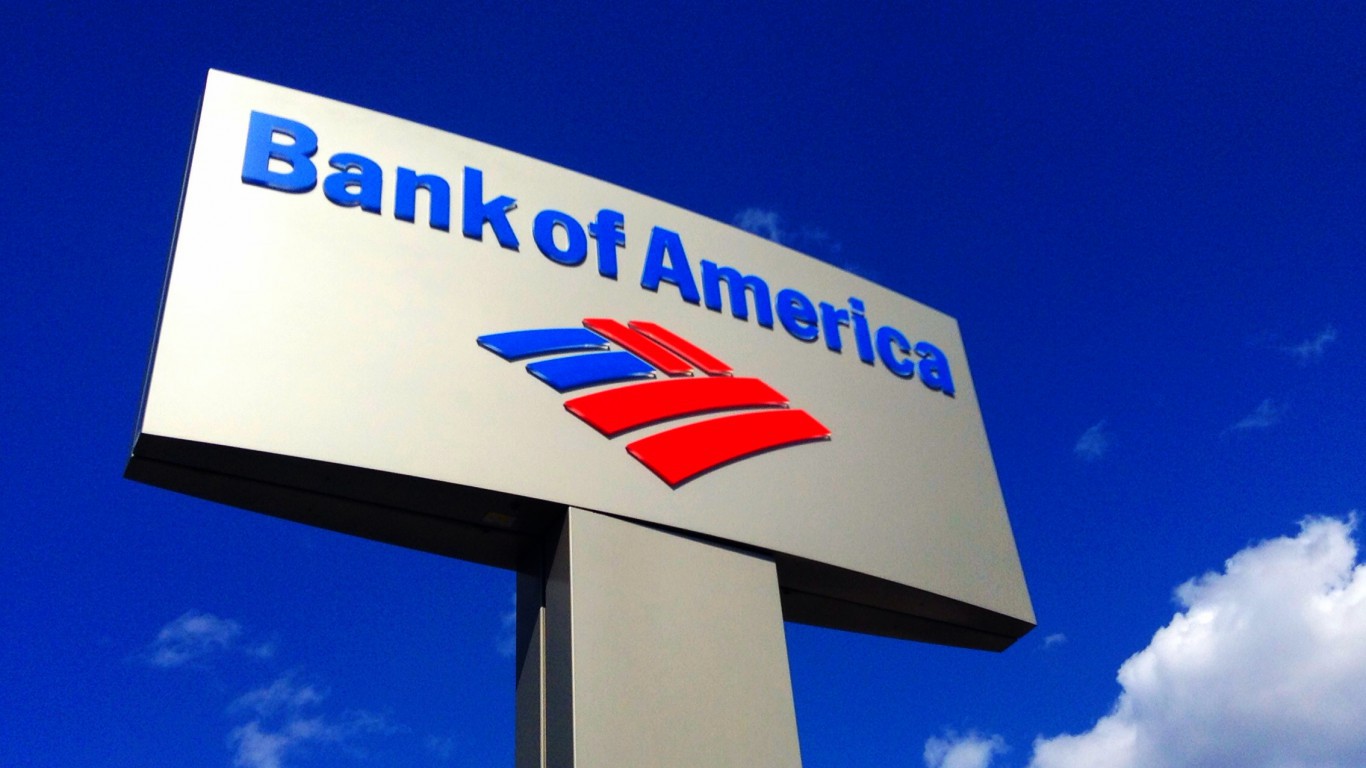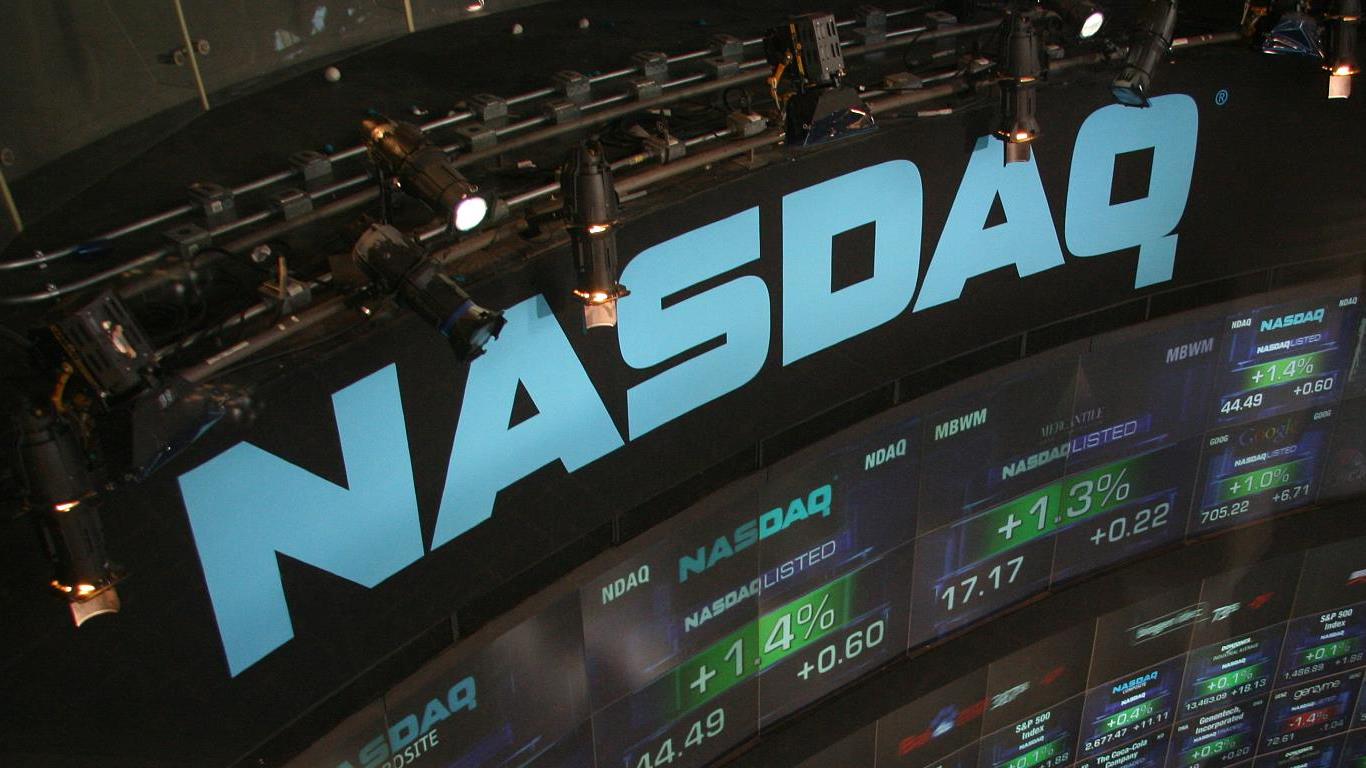
August is often a period of summer doldrums in the stock markets. Yet this year, those investors, traders, analysts and others who haven’t gone away on holiday have seen the markets reclaiming all-time highs (in a record bull run), an earnings season that was stronger than many expected, and an economy that is strong despite budding trade wars and rising rates and inflation.
Judging by the most shorted stocks traded on the New York Stock Exchange between the July 31 and August 15 settlement dates, those sellers were active, with more sizable moves in either direction than we have seen in a while. Among the favorites, GE led the gainers, while Alibaba almost fell out of the top 10 as short sellers yielded on it in a big way.
Note that the six most shorted NYSE stocks still had more than 110 million shares short at the end of the most recent settlement period. In fact, all the top 10 had short interest of more than 100 million shares.
Rite Aid
The reported number of Rite Aid Corp. (NYSE: RAD) shares sold short increased from more than 174.94 million to 185.16 million or so between the most recent settlement dates, keeping this specialty retailer stayed atop the list. That was 17.5% of the company’s total float, the highest level of short interest so far this year. The average daily trading volume surged during the period, and the days to cover figure slipped from about 16 to seven.
During the period, Rite Aid and Albertsons threw in the towel on their merger. The share price tumbled more than 31% by the latest settlement date, though the shares have recovered somewhat since then. In the past week, the stock has seen a gain of more than 2%, and it closed most recently at $1.47 a share. That still was more than 30% lower since the beginning of the year. Rite Aid shares have traded between $1.27 and $2.80 apiece in the past 52 weeks.
Bank of America
Bank of America Corp.’s (NYSE: BAC) short interest in the latest two-week period increased around 6% to about 144.66 million shares, enough to lift it into the number two spot on the list. That was the greatest number of shares short since January, though it represents just 1.5% of the total float. As of the middle of the month, it would take about three days to cover all short positions, after the daily average volume shrank somewhat.
Bank of America remains one of Warren Buffett’s big five stakes. Its share price ended the latest settlement period with a decline of more than 3%, but it recovered some afterward. The stock closed most recently at $30.89 a share, which is around 5% higher than at the beginning of June. The shares have changed hands between $22.75 and $33.05 in the past year.
Chesapeake Energy
The number of Chesapeake Energy Corp.’s (NYSE: CHK) shares short decreased about 7% in the most recent period, and this oil and gas company slipped to number three on the list. The reported short interest of more than 140.27 million shares was 15.7% of the total float, and it was the eighth time since mid-February that the total was less than 200 million. At the posted daily average trading volume on the settlement date, it would take about five days to cover all the short positions.
Chesapeake’s solid second-quarter results came with lowered guidance for the fiscal year. Short sellers watched its share price gain more than 10% but lose it all during those two weeks. The S&P 500 was essentially flat between the settlement dates. The stock has recovered about 6% in the past week, and it ended Friday’s trading at $4.58 a share. That still is about 53% higher since the beginning of May. Shares have changed hands as high as $5.60 and as low as $2.53 in the past year.
J.C. Penney
The number of J.C. Penney Co. Inc. (NYSE: JCP) shares short decreased by about 6% in the latest period to nearly 131.24 million. Short interest has increased in five of the past seven periods, though, and was still a whopping 42.8% of the struggling retailer’s float most recently. The daily average trading volume declined a bit during the two-week period, so the days to cover remained about 10.
The struggling retailer recently thought it might capture some of the business from the shuttered Baby’s “R” Us. Its share price ended the short interest period down about 3%, though it had been over 8% higher at one point. The stock saw a more than 6% bump this week and closed most recently at $1.83 a share. That is more than 47% lower than at the beginning of the year. The 52-week low, seen last week, was $1.60, while the 52-week high of $4.75 was reached early this year.
General Electric
After rising more modestly in the prior period, General Electric Co. (NYSE: GE) saw the number of its shares jump more than 8% in the first half of August. The more than 121.47 million shares reported most recently represented 1.4% of the conglomerate’s total float, although it compares to the year-to-date high above 155 million seen back in March. The daily average trading volume decreased notably in the latest period, and the days to cover ticked up to about three.
GE was trading at 52-weeks lows in the first two weeks of this month. The stock ended the period down about 9%, though it has recovered a bit since then. In those two weeks, the Dow retreated about 1%. GE’s share price was last seen at $12.50, which compares with a last week’s 52-week low of $11.94. The 52-week high, reached last September, was $25.30 a share. The stock now is down more than 30% year to date.
And the Rest
Rounding out the top 10 were Sprint Corp. (NYSE: S), Snap Inc. (NYSE: SNAP), Ford Motor Co. (NYSE: F), Weatherford International PLC (NYSE: WFT) and Alibaba Group Holding Ltd. (NYSE: BABA). The big mover here was Alibaba, which nearly fell out of the top 10 with a more than 25% decline in the number of its shares short. Sprint also saw a notable decline, while Ford’s short interest was little changed in the period.
Lingering outside the spotlight of the top 10 most shorted NYSE stocks were CenturyLink Inc. (NYSE: CTL), Deutsche Bank A.G. (NYSE: DB), AK Steel Holding Corp. (NYSE: AKS) and Ensco PLC (NYSE: ESV). Note that AT&T Inc. (NYSE: T) fell well out of the top 10 with a sharp decline in its short interest early this month.
The Average American Has No Idea How Much Money You Can Make Today (Sponsor)
The last few years made people forget how much banks and CD’s can pay. Meanwhile, interest rates have spiked and many can afford to pay you much more, but most are keeping yields low and hoping you won’t notice.
But there is good news. To win qualified customers, some accounts are paying almost 10x the national average! That’s an incredible way to keep your money safe and earn more at the same time. Our top pick for high yield savings accounts includes other benefits as well. You can earn up to 3.80% with a Checking & Savings Account today Sign up and get up to $300 with direct deposit. No account fees. FDIC Insured.
Click here to see how much more you could be earning on your savings today. It takes just a few minutes to open an account to make your money work for you.
Our top pick for high yield savings accounts includes other benefits as well. You can earn up to 4.00% with a Checking & Savings Account from Sofi. Sign up and get up to $300 with direct deposit. No account fees. FDIC Insured.
Thank you for reading! Have some feedback for us?
Contact the 24/7 Wall St. editorial team.

 24/7 Wall St.
24/7 Wall St.



